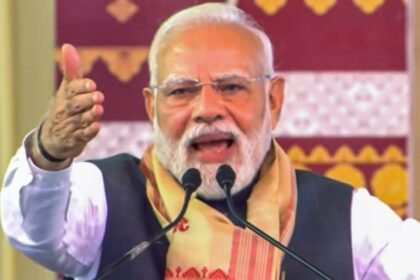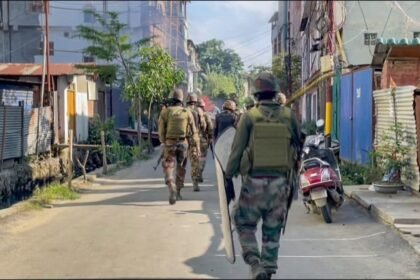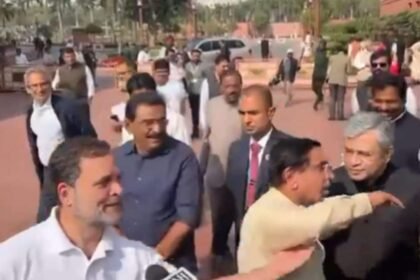Last Updated:
Several of these fact-checks have concluded that the situation is not as alarming as Rahul Gandhi has depicted

In an attack on the Election Commission, Rahul Gandhi has alleged widespread voter ID fraud in collusion with the Bharatiya Janata Party. File pic/PTI
Rahul Gandhi’s explosive presentation on the workings of the Election Commission and what he termed as “vote theft” has created quite a stir. However, “fact-checks” by the BJP and Election Commission have shown that it might not be as significant as the Congress would like to believe. Several of these fact-checks have concluded that the situation is not as alarming as Rahul Gandhi has depicted. Let’s take a closer look.
Firstly, Rahul Gandhi’s major allegations are regarding the Mahadevapura polls in Karnataka, where he claimed the elections were clearly rigged in favour of the BJP. In fact, a big rally was held by the Congress in Bengaluru on Friday with this poll as the focal point. A fact-check raises the following questions: a photograph of the electoral roll with BLA signatures does not show or prove multiple voters. Also, according to the Election Commission, the BJP led in 4 assembly segments in the Bengaluru Central Lok Sabha constituency, not just Mahadevapura. Congress led in four assembly segments too in the same seat.
According to one fact-check, the presence of duplicate voters in minority stronghold areas of the Congress, such as Shivajinagar and Chamarajpet, raises serious concerns. The BJP is asking why the Congress is not addressing this issue. It also wants to know why the Congress is assuming that only in areas where the BJP led, the voter list is rigged.
In Maharashtra, fact-checkers are raising the issue of the Dhule Lok Sabha seat, which the Congress won. Maharashtra is the state Rahul Gandhi often cites in his criticism of the Election Commission. In Dhule, the BJP polled 5.75 lakh votes in five assembly segments, while the Congress polled 3.84 lakh. Congress led the minority-dominated Malegaon Central by about 94.52%, while the BJP got only about 2.21% of votes. The BJP questions this disparity. This constituency also showed many duplicate voters, prompting the BJP to question how the Congress won and if duplicate voters contributed to its victory.
Another issue raised against Rahul Gandhi’s allegations is the scrutiny of Mahadevapura. He highlighted the issue of 80 voters registered at one address, but it was discovered that this address was used by migrant labourers who had since moved out. There is no evidence to show that they all voted for the BJP. Also, it was found that 18 names were registered from one house (house number 80). How does one explain this?
The BJP argues this is why there is an urgent need for special intensive revision (SIR). According to the Election Commission, the multiplicity of voters occurs not because of deliberate fraud but due to multi-city, multi-town listings. This is why the Election Commission has been urging all parties to cooperate to prevent duplication.
With Rahul Gandhi remaining adamant, there is no breakthrough in sight.

Pallavi Ghosh has covered politics and Parliament for 15 years, and has reported extensively on Congress, UPA-I and UPA-II, and has now included the Finance Ministry and Niti Aayog in her reportage. She has als…Read More
Pallavi Ghosh has covered politics and Parliament for 15 years, and has reported extensively on Congress, UPA-I and UPA-II, and has now included the Finance Ministry and Niti Aayog in her reportage. She has als… Read More
view comments
Read More







